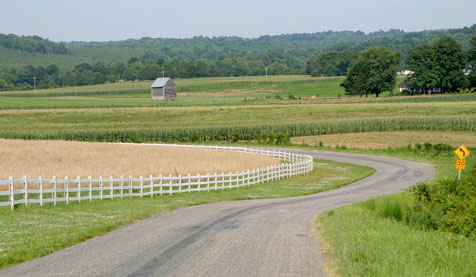According to Scott Smedley, president of the Council, the Code is supported by all of the organization’s members, which generate, land apply and compost the majority of biosolids used in Virginia.
Smedley said the guidelines “seek to capture current best practices by biosolids generators, land application companies and compost manufacturers and encourage them to go beyond the regulations” to build good relations with the communities they serve.
Each member has pledged to communicate the Code to its employees and strive to implement its principles throughout its operations.
The Code encourages members to establish their own performance objectives that support the following goals:
- Protecting the environment
- Minimizing adverse social impacts
- Promoting education and awareness
Smedley said current industry practices and federal and Virginia biosolids regulations, as administered by the Virginia Department of Environmental Quality (DEQ), provide a high level of protection for public health and the environment. These regulations cover both the production and testing of biosolids at water treatment facilities and the land application of biosolids on farm fields and forests. An additional layer of protection is provided in the field by DEQ inspectors and by local and regional biosolids monitors.
